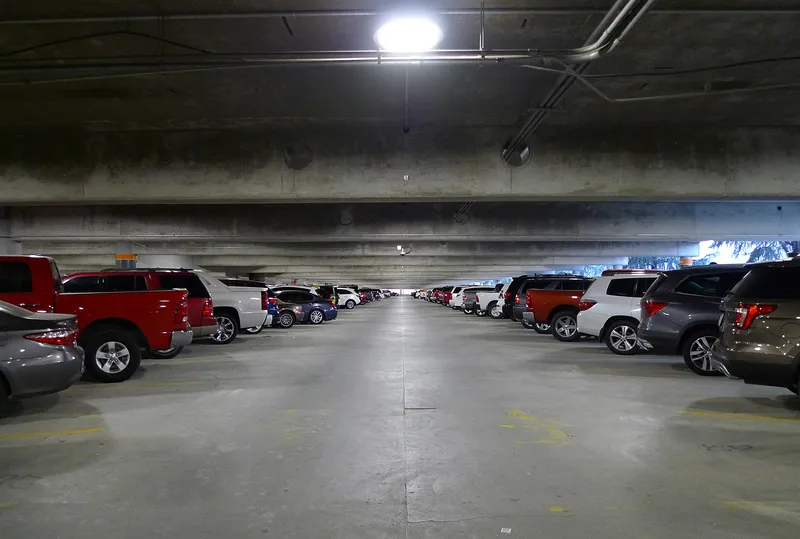The
Raytheon says the AET will reduce congestion, travel times and vehicle emissions from stop and go driving at existing toll plazas. Vehicles equipped with existing E-ZPass transponders will work on the new system. The system will carry out image based tolling (IBT) at highway speeds on non EZ-Pass vehicles and send a toll invoice to the registered owner of the vehicle.
"Raytheon has developed and installed All Electronic Tolling Systems along highways throughout the world," said Bob Delorge, vice president, Raytheon, C4I Systems. "Hundreds of thousands of drivers will benefit from faster toll booth transactions and fewer lane closures, including thousands of Massachusetts based Raytheon employees."
Installation is expected to begin in April 2015 and continue through December 2015.
Raytheon to convert Massachusetts to AET
The Massachusetts Department of Transportation awarded Raytheon Company a US$130 million contract for an all electronic tolling system (AET). Raytheon and a team of Massachusetts-based companies will convert and replace all manual cash and electronic toll collection systems with an advanced system that will automatically toll vehicles as they pass under a gantry similar to an overhead sign. Drivers will be able to pass through the toll station at highway speeds without the need to slow down or stop.
Ray
August 14, 2014
Read time: 2 mins










